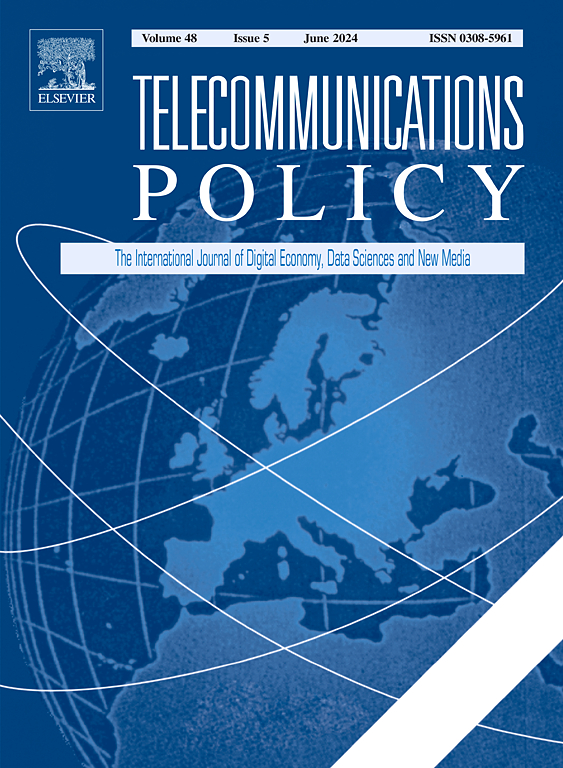Lawfulness of mass processing personal data to train large language models in China
IF 6.4
2区 管理学
Q1 COMMUNICATION
引用次数: 0
Abstract
With the rapid rise of large language models (LLMs), the lawfulness of training them on massive datasets has come under increasing scrutiny. This article examines the issue under Personal Information Protection law (PIPL) of China, focusing on whether a valid legal basis exists for such processing. In particular, it analyzes Article 13(1), which permits the use of publicly available personal data or nonpublic data with the consent of the subject of data. This work asserts that, in practice, LLMs developers face challenges in meeting the consent and purpose limitation requirements of the PIPL leaving limited room for lawful data use. To address this gap, it proposes a “broad input, strict output” approach, easing restrictions during the training stage while enforcing stricter controls at the application phase, and it calls for a more precise allocation of roles among stakeholders to ensure responsible AI development.
中国大规模处理个人数据训练大型语言模型的合法性
随着大型语言模型(llm)的迅速崛起,在海量数据集上训练它们的合法性受到越来越多的审查。本文考察了中国《个人信息保护法》(PIPL)下的这一问题,重点关注此类处理是否存在有效的法律依据。特别是,它分析了第13(1)条,该条款允许在数据主体同意的情况下使用公开可用的个人数据或非公开数据。这项工作断言,在实践中,法学硕士开发人员在满足PIPL的同意和目的限制要求方面面临挑战,这给合法数据使用留下了有限的空间。为了解决这一差距,它提出了一种“广泛投入,严格输出”的方法,在培训阶段放宽限制,在应用阶段实施更严格的控制,并呼吁在利益相关者之间更精确地分配角色,以确保负责任的人工智能发展。
本文章由计算机程序翻译,如有差异,请以英文原文为准。
求助全文
约1分钟内获得全文
求助全文
来源期刊

Telecommunications Policy
工程技术-电信学
CiteScore
10.80
自引率
12.50%
发文量
122
审稿时长
38 days
期刊介绍:
Telecommunications Policy is concerned with the impact of digitalization in the economy and society. The journal is multidisciplinary, encompassing conceptual, theoretical and empirical studies, quantitative as well as qualitative. The scope includes policy, regulation, and governance; big data, artificial intelligence and data science; new and traditional sectors encompassing new media and the platform economy; management, entrepreneurship, innovation and use. Contributions may explore these topics at national, regional and international levels, including issues confronting both developed and developing countries. The papers accepted by the journal meet high standards of analytical rigor and policy relevance.
 求助内容:
求助内容: 应助结果提醒方式:
应助结果提醒方式:


